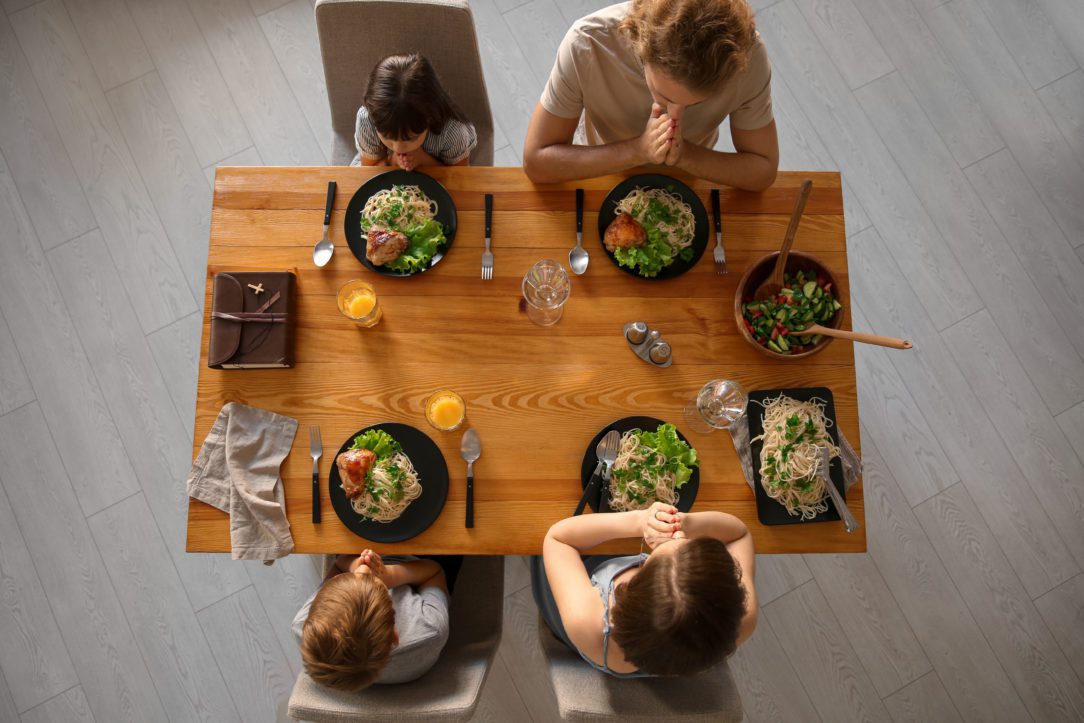Yesterday, I was also a panelist for the “Helping Women Get Back to Work” webinar sponsored by the MOSAIC Project and Progressive Policy Institute. Senator Gillibrand kicked off the webinar, and I was thrilled to hear her speak about “care” work as inclusive of parental care.
Veronica Goodman, the moderator, asked me to talk about why disaggregating data is essential for policy. So, I’ve been working on a concise definition. Let me know what you think.
Data disaggregation – to analyze data using a microanalysis approach that considers how the complexity of the individual influences outcomes.
Also, yesterday, Bloomberg published “Biden’s First 100 Days: A Deep Dive Into the Data.” My contribution:
The metrics to measure progress are simple: We should see more reports from federal agencies that disaggregate data by the characteristics most likely to influence outcomes, and we should see more policies built on such data.
Tonight, President Biden will address a joint session of Congress a day before his 100th day in office. He is expected to unveil the American Families Plan.
Speaking of families, if you know a parent, please consider gifting “Parent Like it Matters: How to Raise Joyful, Change-Making Girls” by Janice Johnson Dias. In a recent review of her book, the author highlighted the following advice.
Stop telling Black kids they have to be “twice as good.”
Johnson Dias acknowledges that parents of Black children, and especially Black daughters, feel a variety of external pressures that give way to worry. “The way we express it is, ‘You’re going to have to work harder, be twice as good. Be serious,’ ” she says. We are guilty of doing this in our own home.Johnson Dias wisely notes that yes, our children may experience external pressures, but parents do not have to be a part of that pressure. She said it’s akin to the reasoning that “society is going to reduce your humanity, so let me start doing that for you now. If you’re comfortable with that now, you’ll be buffered for when society does you really dirty.”
Johnson Dias instead offers this approach, rooted in joy and hope: While her daughter may have to be twice as good for the world, her own home is a safe space. “Knowing that society will treat you this way, treat your girl with every bit of grace and beauty now,” she says. “That way, she will have this buffer later.” When the world meets your daughter with ugliness, she will have a repository of positive memories and grace from home.
The isolation of COVID coupled with the deaths from COVID-19, trauma from police killings, increased acknowledgment of hate crimes, and financial stress has many parents overwhelmed. The more grace we offer parents, the more grace they can offer their children.
With Grace,
Rhonda


